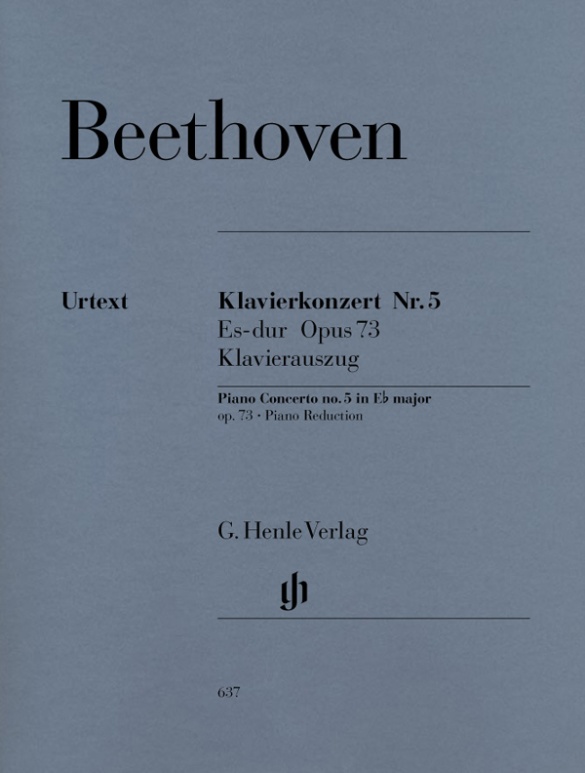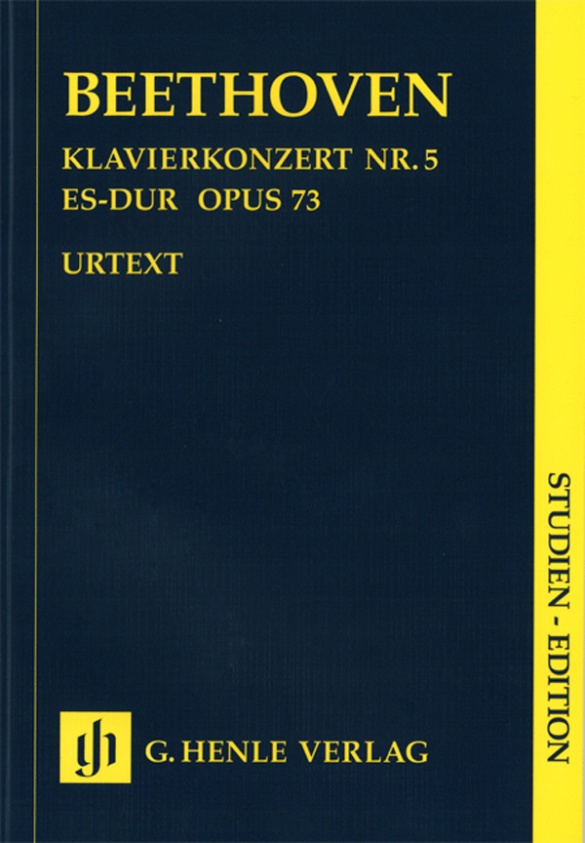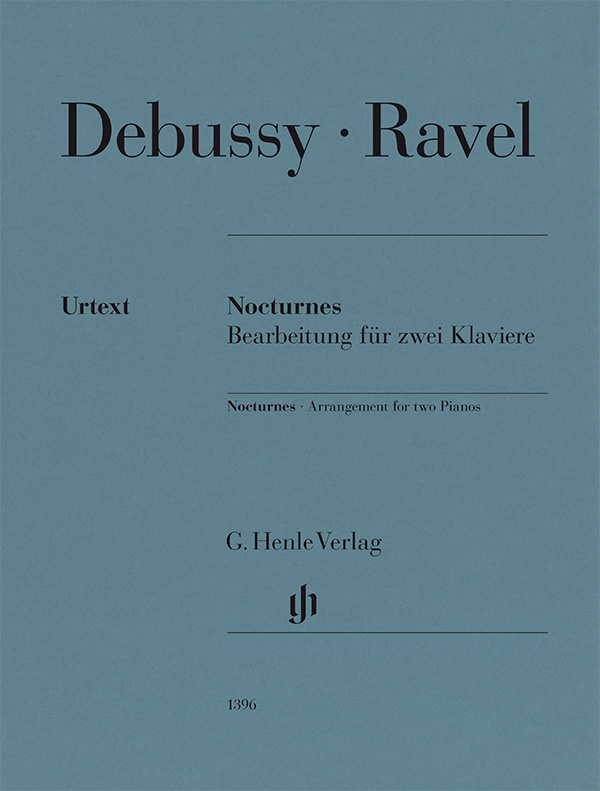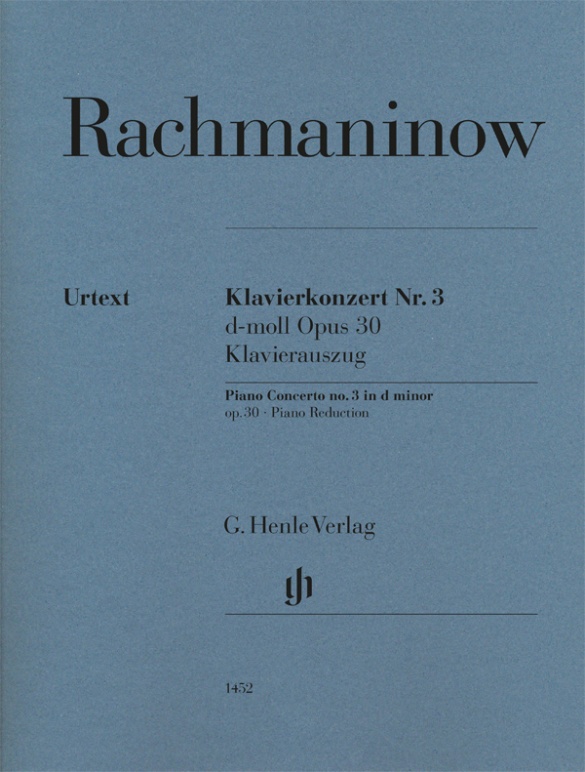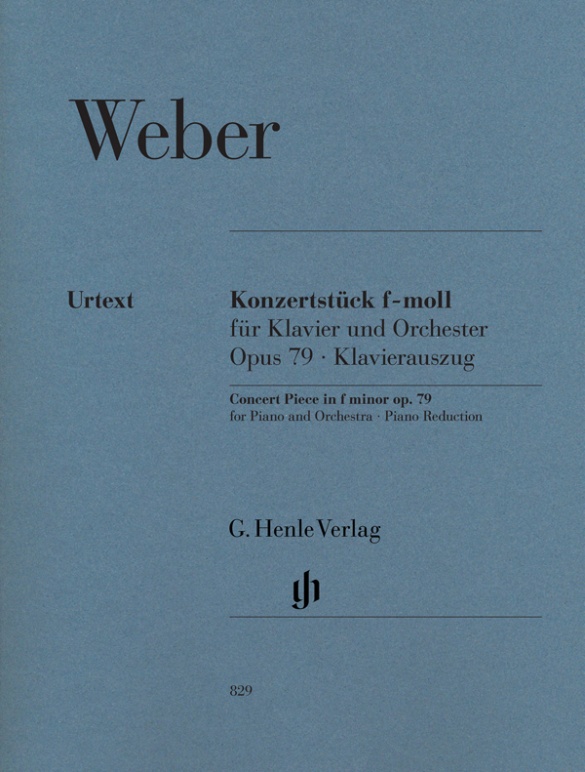

Carl Maria von Weber
Concert Piece f minor op. 79 for Piano and Orchestra
There were two reasons behind Weber’s hesitation to perform his opus 79, known as “Concert Piece” in public. As he wrote to the music journalist Friedrich Rochlitz, experience had shown that concertos in minor keys were not as well-received by the public. Furthermore he was worried that he would be misjudged as a “musical charlatan” because while composing it he had had visions of a dramatic love story at the time of the crusades, which had influenced the character of the work.
His concerns were superfluous; the effective virtuoso piece conquered the concert stages all over the world. It is now available for the fi rst time as an Urtext edition. The world famous pianist Marc-André Hamelin provided the fingering.
Content/Details
About the Composer
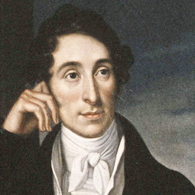
Carl Maria von Weber
One of the most important German opera composers before Wagner, he advocated for a German opera through his own output and in his writings. His fame is predicated on “Der Freischütz,” which was received emphatically as a German nationalist opera. His instrumental works (orchestral pieces, solo concerti, chamber music, piano works) are largely based on Classical models though already anticipate the Romantic sound.
| 1786 | Born in Eutin on November 18 or 19. Journeyman years with the “Webersche Schauspielergesellschaft,” a wandering acting troupe. He plays smaller roles for children. |
| 1797 | The troupe comes to Salzburg, where he studies composition with Michael Haydn from 1798. |
| 1800 | Premiere in Freiberg of his first Romantic, comic opera, “Das Waldmädchen” (“The Forest Maiden”). |
| beginning 1803 | Years of study in Vienna with Georg Josef Vogler. |
| 1804–06 | First appointment as music director in Breslau (Wrocław). |
| 1810 | Premiere in Frankfurt am Main of the Romantic opera “Silvana.” Piano Concerto No. 1 in C major, Op. 11. |
| 1811 | Clarinet Concerti No. 1 in F minor, Op. 73, and No. 2 in E-flat major, Op. 74, commissioned by Maximilian of Bavaria; in 1812, Piano Concerto No. 2 in E-flat major, Op. 32. |
| 1813–16 | Opera director and music director of the Estates Theater in Prague. From 1817 onward,courtl music director in Dresden. |
| 1819 | Piano pieces: “Rondo brillante” in E-flat major, Op. 62; “Aufforderung zum Tanze” (“Invitation to the Dance”) in D-flat major, Op. 65; “Polacca brillante” in E-flat major, Op. 72. Trio in G minor for piano, flute, and cello, Op. 63. |
| 1821 | Premiere in Berlin of his Romantic opera “Der Freischütz,” Op. 77; it is received as an archetypal German opera due to its subject matter and music, although it integrates German, French, and Italian elements. Konzertstück in F minor for Piano and Orchestra, Op. 79, which paves the way for one-movement concerto compositions in the nineteenth century. |
| 1823 | Premiere in Vienna of “Euryanthe,” Op. 81. |
| 1826 | Premiere in London of “Oberon.” Death in London on June 5. |
About the Authors

Ernst Herttrich (Editor)
Dr. Ernst Herttrich, born in 1942 in Würzburg, read musicology, history, German and theology at the universities in Würzburg and Cologne. In 1970 he earned his doctorate in Würzburg with a study of the expression of melancholy in the music of Mozart.
From 1970 to 1990 he was an editor at G. Henle Publishers in Munich, after which he was Head of the Beethoven Complete Edition for over 15 years. In 1999 he took over as Head of the Beethoven-Haus Publishers, and from 2001 was made Head of the Beethoven-Archiv, the research centre at the Beethoven-Haus.
He has been a visiting professor at Meiji Gakuin University in Tokyo and has undertaken several lecture tours both there and to Kyoto. His research interests include source studies, editorial techniques and music history. Herttrich’s publications include “Beethoven. Liederkreis an die ferne Geliebte” (Bonn 1999) and “Ludwig van Beethoven. Biographie in Bildern” (Bonn, 2000). Herttrich has edited over 100 Urtext editions for G. Henle Publishers.
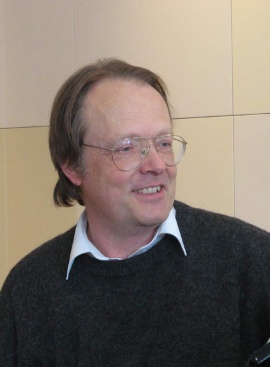
Johannes Umbreit (Piano reduction)
Prof. Johannes Umbreit studied the piano at the Musikhochschule in Munich. From 1987 onwards he was a regular accompanist at courses given by Wolfgang Schneiderhan, Thomas Brandis, Ljerko Spiller, Igor Ozim, Olga Woitowa, Ernő Sebestyén, Walter Nothas, F. Andrejevsky, Denis Zsigmondy and Zakhar Bron amongst others. He has appeared in numerous radio and TV broadcasts and plays chamber music with members of the Bavarian State Orchestra, the Munich Philharmonic Orchestra and the Bavarian Radio Symphony Orchestra.
He is on the jury of different international competitions and has been invited to several international music festivals. Umbreit was a teacher for almost ten years at the Musikhochschule in Munich and at the same time a lecturer for chamber music and piano accompaniment at the Richard Strauss Conservatory. Since 2008 he has been a lecturer at the Hochschule für Musik und Theater München. As the long-serving managing director of the Richard-Strauss-Gesellschaft, he was made an honorary member of the board in 2009. In May 2011, the Bavarian Minister of Culture appointed Johannes Umbreit an honorary professor of the Hochschule für Musik und Theater München on the suggestion of its academic senate.
.jpg)
Marc-André Hamelin (Fingering)
Product Safety Informations (GPSR)

G. Henle Verlag
Here you can find the information about the manufacturer of the product.G. Henle Verlag e.K.
Forstenrieder Allee 122
81476 München
Germany
info@henle.de
www.henle.com
Wie oft muss man sich über ungelenke, schlecht klingende Klavierauszüge ärgern ... Umbreit zeigt, dass es auch anders geht: Seine Bearbeitung liest sich leicht vom Blatt und klingt dennoch voll und orchestral. Eine Wohltat!
Schweizer Musikzeitung, 2012recommendations
autogenerated_cross_selling
Further editions of this title


